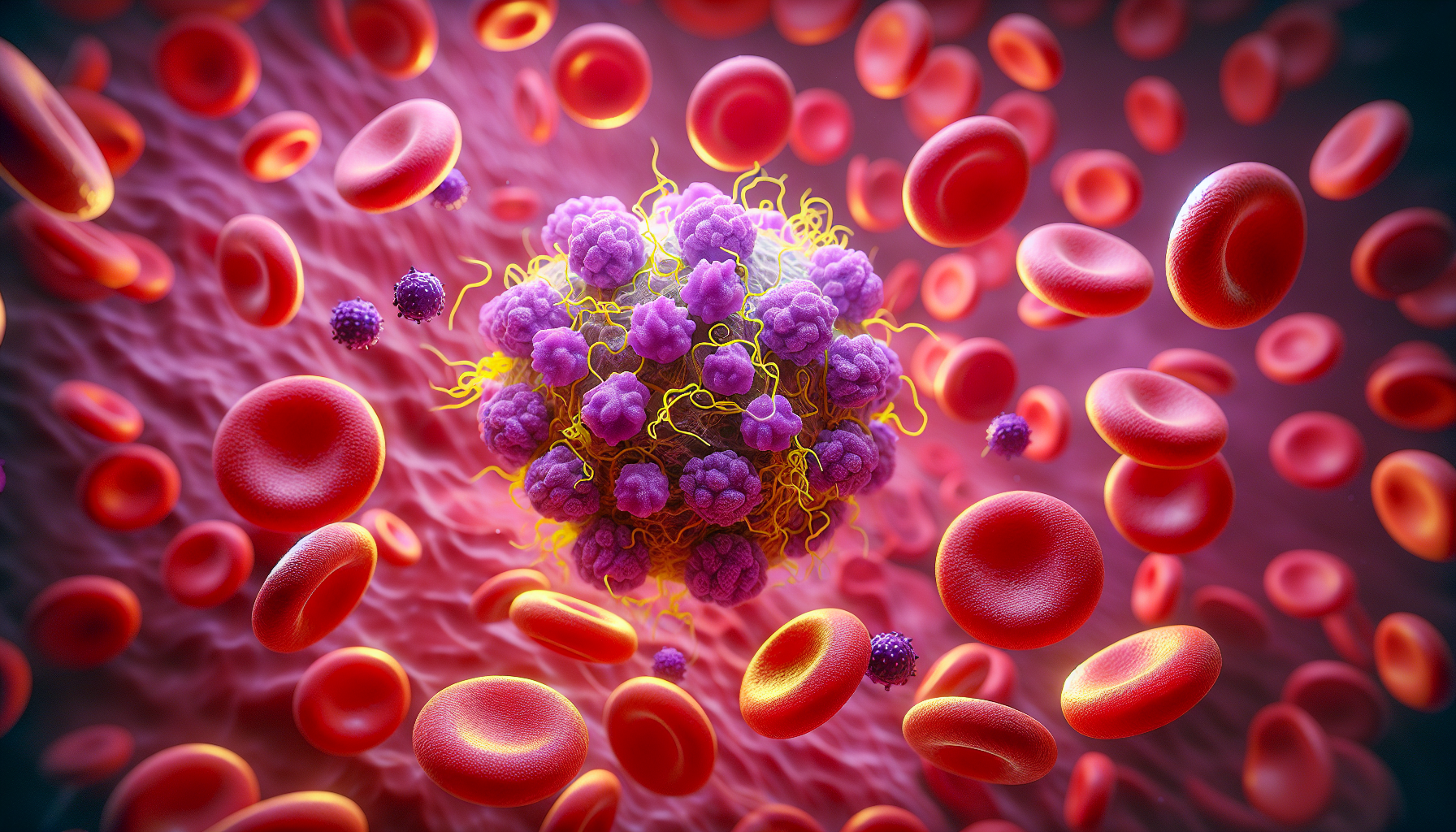Processed Red Meat Tied to Increased Dementia Risk
— Replacing weekly servings of bacon or hot dogs with nuts and legumes linked to reduced dementia risk PHILADELPHIA – A long-term observational study involving 130,000 healthcare professionals found that eating processed red meat twice a week over several decades was associated with a higher likelihood of developing dementia. Participants from the Nurses' Health Study and the Health Professionals Follow-Up Study who consumed at least one-quarter of a daily serving of processed red meat —
79 likes
3 153 views


